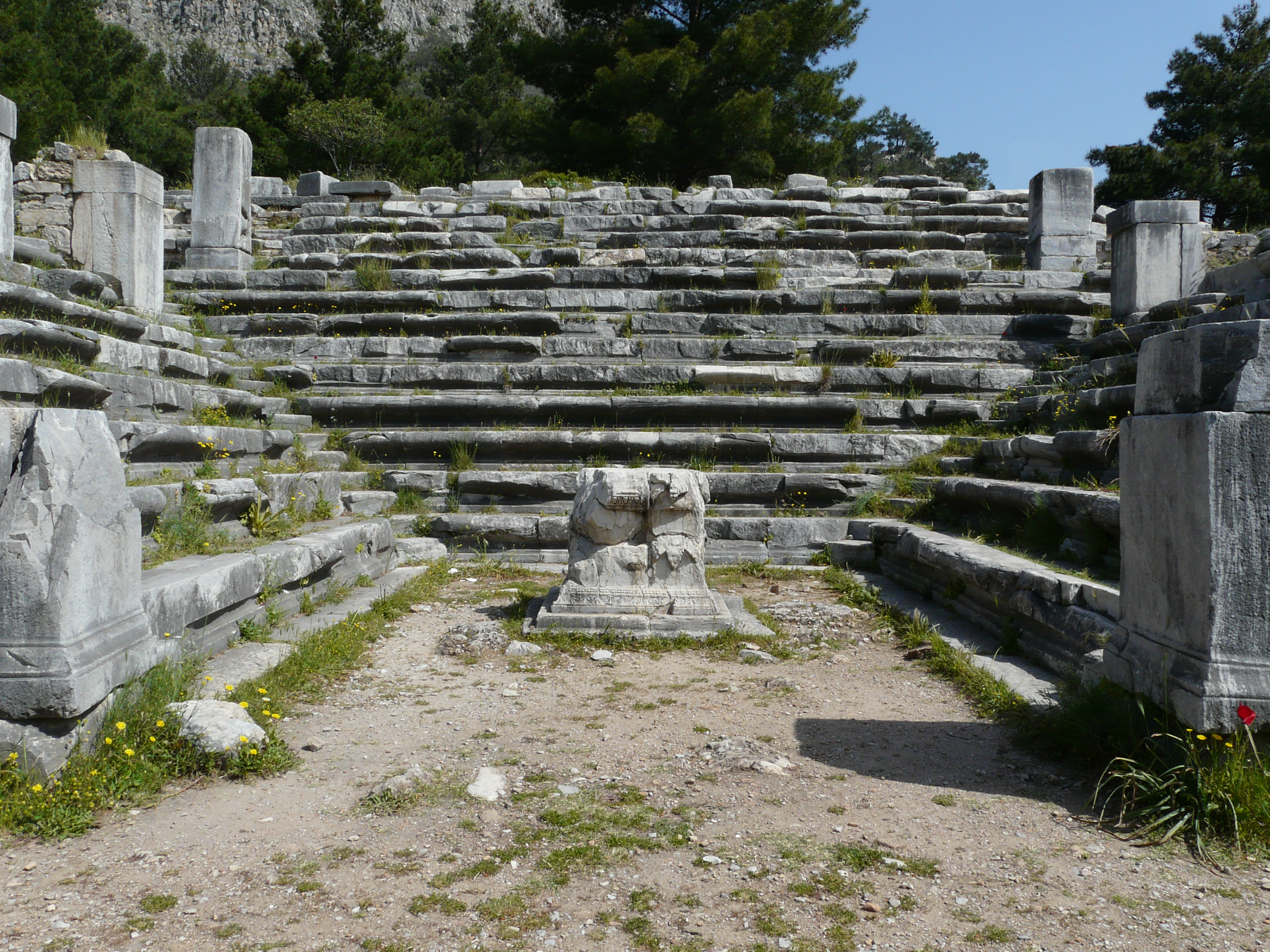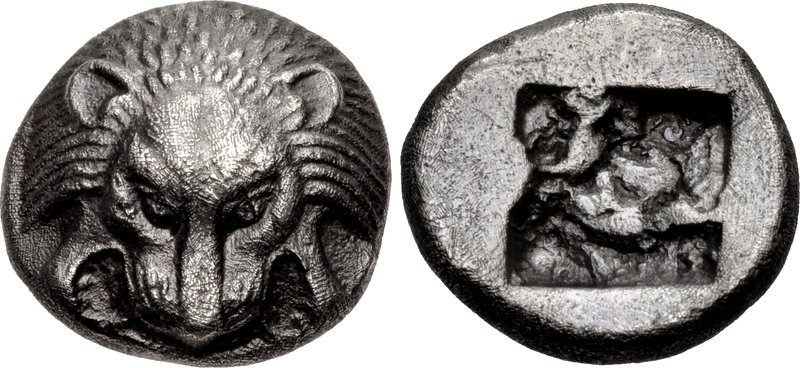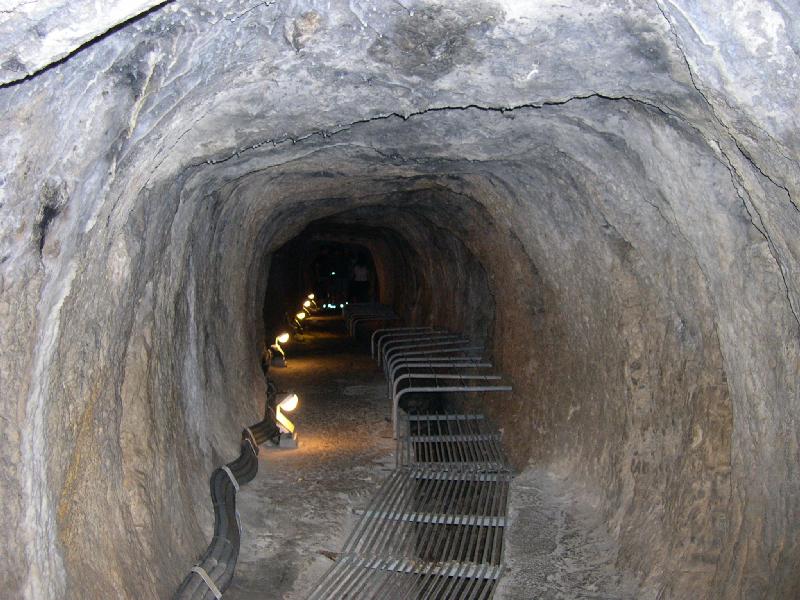|
Geomori (Samos)
The Geomori ( grc, Γεωμόροι, 'land-sharers') were a group of wealthy aristocrats who ruled Samos as an oligarchy in the seventh or sixth century BC. They remained an important political group on Samos into the fifth century BC. History Rise and fall The main source for the rule of the Geomori is a passage in the ''Greek Questions'', written by the philosopher Plutarch, in which he attempts to explain the name of a banqueting hall in Samos. Although Plutarch lived in the Roman Imperial period, he had access to earlier sources, such as Aristotle and Duris and may be reliable. According to Plutarch, the Geomori murdered the last king of Samos, Demoteles, and established an oligarchy. The date of this event is uncertain - it must fall after the reign of Amphicrates (fl. 700 or 600 BC). The name of the group, 'land-sharers', is one associated with aristocratic groups in Athens and Syracuse in the same period, so they are usually interpreted as a group of landed aristocrats. Ai ... [...More Info...] [...Related Items...] OR: [Wikipedia] [Google] [Baidu] |
Samos
Samos (, also ; el, Σάμος ) is a Greek island in the eastern Aegean Sea, south of Chios, north of Patmos and the Dodecanese, and off the coast of western Turkey, from which it is separated by the -wide Mycale Strait. It is also a separate regional unit of the North Aegean region. In ancient times, Samos was an especially rich and powerful city-state, particularly known for its vineyards and wine production. It is home to Pythagoreion and the Heraion of Samos, a UNESCO World Heritage Site that includes the Eupalinian aqueduct, a marvel of ancient engineering. Samos is the birthplace of the Greek philosopher and mathematician Pythagoras, after whom the Pythagorean theorem is named, the philosophers Melissus of Samos and Epicurus, and the astronomer Aristarchus of Samos, the first known individual to propose that the Earth revolves around the sun. Samian wine was well known in antiquity and is still produced on the island. The island was governed by the semi-autonomous ... [...More Info...] [...Related Items...] OR: [Wikipedia] [Google] [Baidu] |
Bouleuterion
A bouleuterion ( grc-gre, βουλευτήριον, ''bouleutērion''), also translated as and was a building in ancient Greece which housed the council of citizens (, ''boulē'') of a democratic city state. These representatives assembled at the bouleuterion to confer and decide about public affairs. There are several extant bouleuteria around Greece and its former colonies. It should not be confused with the Prytaneion, which housed the executive council of the assembly and often served as the boule's mess hall. Athens The Athenian Boule is better known as the Council of 500. Solon was credited with its formation in 594 BC as an assembly of 100 men each from Athens's four original tribes. At the adoption of the new constitution around 507 BC, this was changed to 50 men each from the 10 newly created tribes. (Each served a one-year term) The Old Bouleuterion was built on the west side of the Agora below the Agoraios Kolonos around 500 BC. It was almost ... [...More Info...] [...Related Items...] OR: [Wikipedia] [Google] [Baidu] |
Ancient Samians
Ancient history is a time period from the beginning of writing and recorded human history to as far as late antiquity. The span of recorded history is roughly 5,000 years, beginning with the Sumerian cuneiform script. Ancient history covers all continents inhabited by humans in the period 3000 BCAD 500. The three-age system periodizes ancient history into the Stone Age, the Bronze Age, and the Iron Age, with recorded history generally considered to begin with the Bronze Age. The start and end of the three ages varies between world regions. In many regions the Bronze Age is generally considered to begin a few centuries prior to 3000 BC, while the end of the Iron Age varies from the early first millennium BC in some regions to the late first millennium AD in others. During the time period of ancient history, the world population was already exponentially increasing due to the Neolithic Revolution, which was in full progress. While in 10,000 BC, the world population stood at ... [...More Info...] [...Related Items...] OR: [Wikipedia] [Google] [Baidu] |
Athenian Coup Of 411 BC
The Athenian coup of 411 BC was the result of a revolution that took place during the Peloponnesian War between Athens and Sparta. The coup overthrew the democratic government of ancient Athens and replaced it with a short-lived oligarchy known as the Four Hundred. In the wake of the financial crisis caused by the failed Sicilian Expedition of the Athenian military in 413 BC, some high-status Athenian men, who had disliked the broad-based democracy of the city-state for a long time, sought to establish an oligarchy of the elite. They believed that they could manage foreign, fiscal, and war policies better than the existing government. The movement toward oligarchy was led by a number of prominent and wealthy Athenians, who held positions of power in the Athenian army at Samos in coordination with Alcibiades. Background By the time of the Peloponnesian War, the democracy in Athens was approximately 100 years old. Most of the upper class accepted this form of government, whi ... [...More Info...] [...Related Items...] OR: [Wikipedia] [Google] [Baidu] |
Thucydides
Thucydides (; grc, , }; BC) was an Athenian historian and general. His ''History of the Peloponnesian War'' recounts the fifth-century BC war between Sparta and Athens until the year 411 BC. Thucydides has been dubbed the father of "scientific history" by those who accept his claims to have applied strict standards of impartiality and evidence-gathering and analysis of cause and effect, without reference to intervention by the gods, as outlined in his introduction to his work. He also has been called the father of the school of political realism, which views the political behavior of individuals and the subsequent outcomes of relations between states as ultimately mediated by, and constructed upon, fear and self-interest. His text is still studied at universities and military colleges worldwide. The Melian dialogue is regarded as a seminal work of international relations theory, while his version of Pericles' Funeral Oration is widely studied by political theorists, historian ... [...More Info...] [...Related Items...] OR: [Wikipedia] [Google] [Baidu] |
Peloponnesian War
The Peloponnesian War (431–404 BC) was an ancient Greek war fought between Athens and Sparta and their respective allies for the hegemony of the Greek world. The war remained undecided for a long time until the decisive intervention of the Persian Empire in support of Sparta. Led by Lysander, the Spartan fleet built with Persian subsidies finally defeated Athens and started a period of Spartan hegemony over Greece. Historians have traditionally divided the war into three phases. The first phase (431–421 BC) was named the Ten Years War, or the Archidamian War, after the Spartan king Archidamus II, who launched several invasions of Attica with the full hoplite army of the Peloponnesian League, the alliance network dominated by Sparta. However, the Long Walls of Athens rendered this strategy ineffective, while the superior navy of the Delian League (Athens' alliance) raided the Peloponnesian coast to trigger rebellions within Sparta. The precarious Peace of Nicias was si ... [...More Info...] [...Related Items...] OR: [Wikipedia] [Google] [Baidu] |
Athenian Empire
The Delian League, founded in 478 BC, was an association of Greek city-states, numbering between 150 and 330, under the leadership of Athens, whose purpose was to continue fighting the Persian Empire after the Greek victory in the Battle of Plataea at the end of the Second Persian invasion of Greece. The League's modern name derives from its official meeting place, the island of Delos, where congresses were held in the temple and where the treasury stood until, in a symbolic gesture, Pericles moved it to Athens in 454 BC. Shortly after its inception, Athens began to use the League's funds for its own purposes, which led to conflicts between Athens and the less powerful members of the League. By 431 BC, the threat the League presented to Spartan hegemony combined with Athens's heavy-handed control of the Delian League prompted the outbreak of the Peloponnesian War; the League was dissolved upon the war's conclusion in 404 BC under the direction of Lysander, the Spartan commander ... [...More Info...] [...Related Items...] OR: [Wikipedia] [Google] [Baidu] |
Aeaces (father Of Polycrates)
Aeaces ( grc, Αἰάκης, fl. 550 BC) was the father of Polycrates, the powerful tyrant of Samos. He was a prominent aristocrat in his own right, and may even have been the ruler of the island for a period in the mid-sixth century. He is sometimes referred to as Aeaces I to distinguish him from his grandson Aeaces (son of Syloson), Aeaces II, who ruled Samos in the late sixth and early fifth centuries BC. Life Herodotus mentions Aeaces' name but does not provide any information about his life. A very late source, the Suda, says that Polycrates' father was the ruler of Samos around 565 BC. His wealth and power is also suggested by his ability to attract the poets Ibycus and Anacreon to his circle – the former wrote poetry for the young Polycrates, while the latter was supposedly his tutor. A large seated statue of a goddess from the mid-sixth century BC, erected on the Astypalaea (the Samian Acropolis) bears an inscription identifying its dedicator as Aeaces. Stylistically, the ... [...More Info...] [...Related Items...] OR: [Wikipedia] [Google] [Baidu] |
Polycrates
Polycrates (; grc-gre, Πολυκράτης), son of Aeaces, was the tyrant of Samos from the 540s BC to 522 BC. He had a reputation as both a fierce warrior and an enlightened tyrant. Sources The main source for Polycrates' life and activities is the historian Herodotus, who devotes a large section of book 3 of his '' Histories'' to the rise and fall of Polycrates (3.39-60, 3.120-126). His account was written in the third quarter of the 5th century BC, nearly a century after Polycrates' death, was based mostly on oral traditions and incorporates many folk-tale elements. Furthermore, Herodotus creatively shaped his account of Polycrates in order to make general moral points and to comment on the imperialism of the Athenian empire in his own day. Some poetry from Polycrates' time comments on him in passing and there is a smattering of references to Polycrates in other literary sources ranging in date from the 4th century BC to the Roman Imperial period. These sources preserve u ... [...More Info...] [...Related Items...] OR: [Wikipedia] [Google] [Baidu] |
Tunnel Of Eupalinos
The Tunnel of Eupalinos or Eupalinian aqueduct ( el, Ευπαλίνιον όρυγμα, translit=Efpalinion orygma) is a tunnel of length running through Mount Kastro in Samos, Greece, built in the 6th century BC to serve as an aqueduct. The tunnel is the second known tunnel in history which was excavated from both ends (, "having two openings"), and the first with a geometry-based approach in doing so. Today it is a popular tourist attraction. The tunnel is inscribed on the UNESCO World Heritage List along with the nearby Pythagoreion and Heraion of Samos, and it was designated as an International Historic Civil Engineering Landmark in 2017. Early history The Eupalinian aqueduct is described by Herodotus (''Histories'' 3.60), without whom it might not have been discovered: :I have dwelt longer upon the history of the Samians than I should otherwise have done, because they are responsible for three of the greatest building and engineering feats in the Greek world: the first i ... [...More Info...] [...Related Items...] OR: [Wikipedia] [Google] [Baidu] |
Democracy
Democracy (From grc, δημοκρατία, dēmokratía, ''dēmos'' 'people' and ''kratos'' 'rule') is a form of government in which the people have the authority to deliberate and decide legislation (" direct democracy"), or to choose governing officials to do so ("representative democracy"). Who is considered part of "the people" and how authority is shared among or delegated by the people has changed over time and at different rates in different countries. Features of democracy often include freedom of assembly, association, property rights, freedom of religion and speech, inclusiveness and equality, citizenship, consent of the governed, voting rights, freedom from unwarranted governmental deprivation of the right to life and liberty, and minority rights. The notion of democracy has evolved over time considerably. Throughout history, one can find evidence of direct democracy, in which communities make decisions through popular assembly. Today, the dominant form of ... [...More Info...] [...Related Items...] OR: [Wikipedia] [Google] [Baidu] |
Perinthus
Perinthus or Perinthos ( grc, ἡ Πέρινθος) was a great and flourishing town of ancient Thrace, situated on the Propontis. According to John Tzetzes, it bore at an early period the name of Mygdonia (Μυγδονία). It lay 22 miles west of Selymbria and 56 miles west of Byzantium, on a small peninsula of the bay which bears its name, and was built like an amphitheatre, on the declivity of a hill. Its site is near modern Marmara Ereğlisi, in Turkey. History It was originally a Samian colony, and, according to George Syncellus, was founded about 599 BC. German archaeologist Theodor Panofka, however, makes it contemporary with Samothrace, that is about 1000 BC. It was particularly renowned for its obstinate defence against Philip II of Macedon At that time it appears to have been a more important and flourishing town even than Byzantium and being both a harbour and a point at which several main roads met, it was the seat of extensive commerce. This circumstan ... [...More Info...] [...Related Items...] OR: [Wikipedia] [Google] [Baidu] |




_-_Thucydides.jpg)


